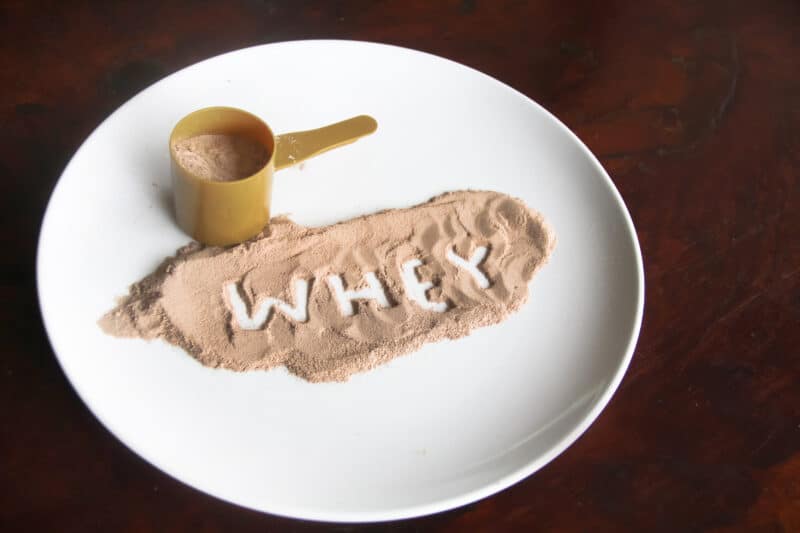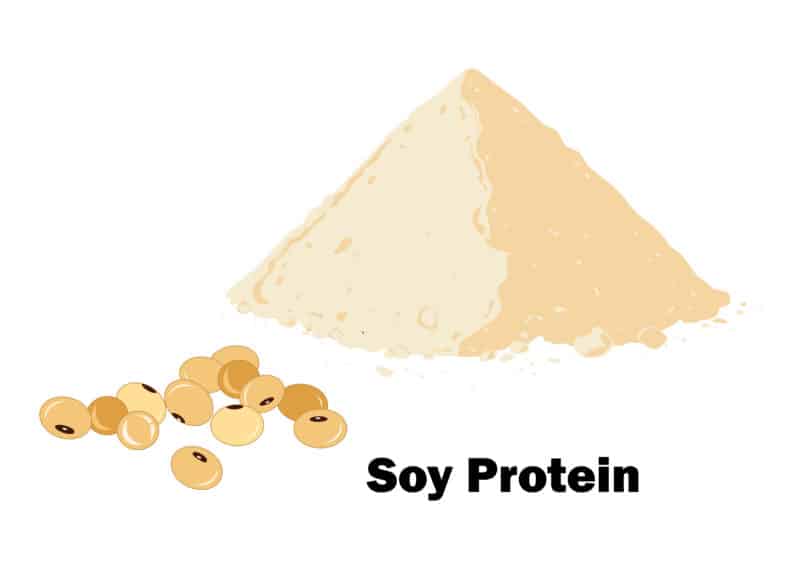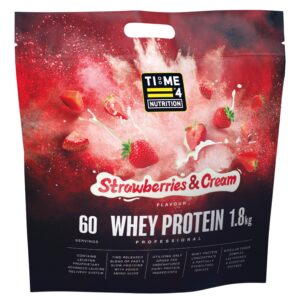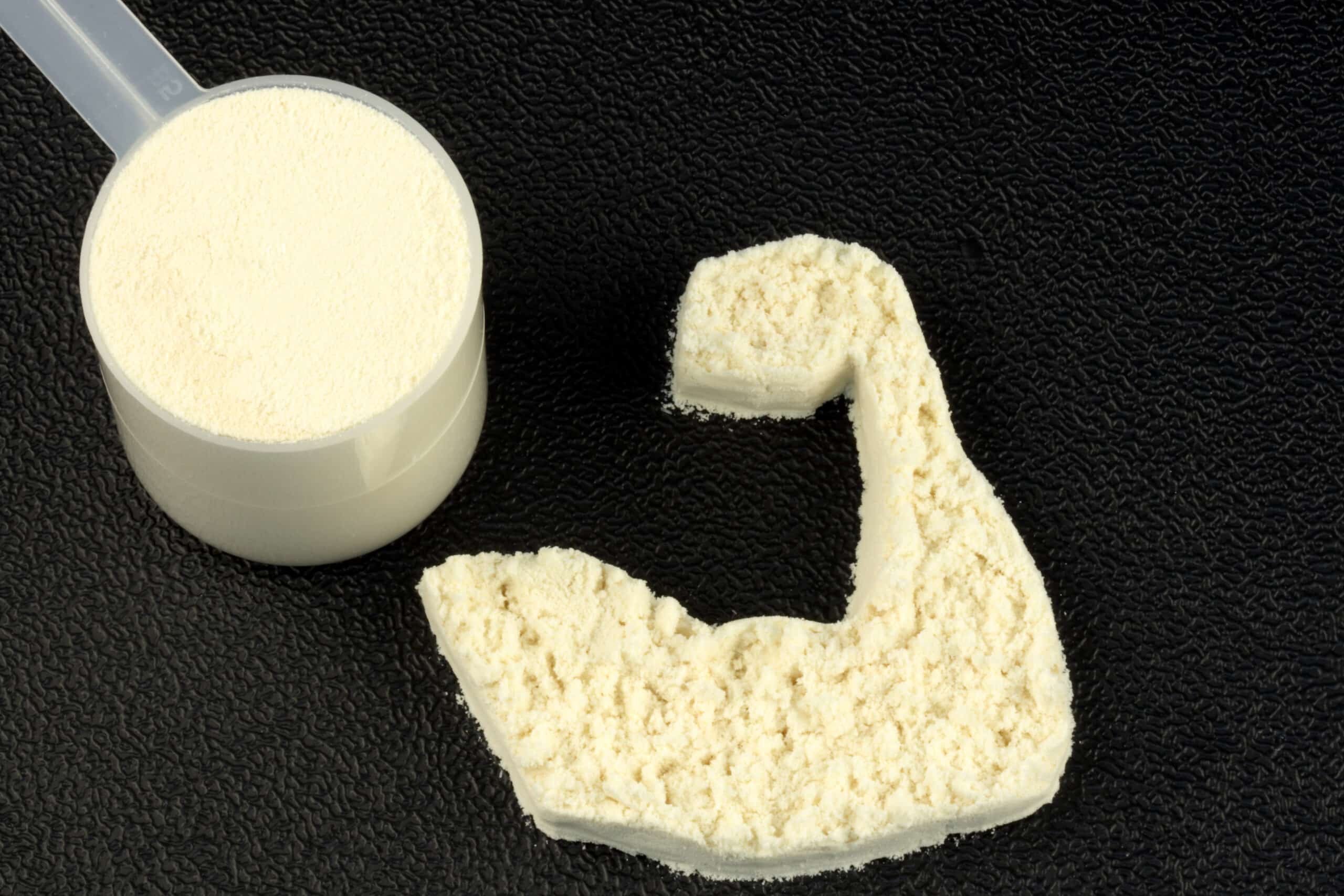Soy versus whey: which provides a better hormone response to resistance training?
Soy Versus Whey: Which provides a better hormone response to resistance training?
Soy Versus Whey
(Click on Nutritional Terms and Reference Numbers in Blue for More Info)
Two forms of protein that are commonly used in protein supplements are whey and soy. Whey protein is the protein fraction of whey, the liquid portion of milk that separates from the curds during the cheese making process. It is a complete, high-quality, easily digested protein which has been shown to provide numerous potential benefits for health and performance. Time 4 Nutrition uses undenatured whey protein. The term ‘undenatured’ means that the whey is cold processed, rather than being heated at high temperatures, allowing it to maintain all its amino acids, bioactive compounds and growth factors.
Soy protein is derived from the soy, or soya bean, a species of legume native to East Asia. It can be found in various food items, such as soy milk and tofu and miso. Soy is also a good source of protein and is commonly consumed by those following a plant-based diet.
There has been some controversy regarding the effects of soy on testosterone levels in men. This is a powerful naturally occurring steroid hormone and the most important androgen (male sex hormone). It has a number of anabolic effects including directly increasing muscle mass and strength and stimulating the release of growth hormone.
It also plays an important role in health and well-being, as it contributes to bone density and strength, the production of red blood cells, reproductive health (sperm production), libido, heart health, cognitive function, and the maintenance of a healthy body composition. It does this by not only contributing to the development and maintenance of muscle, but also by enhancing fat metabolism to help us to stay leaner.
There is evidence to suggest that regularly eating soy products may cause a drop in testosterone levels. For example, one study (1) found that the consumption of 56g of pure soy protein powder per day for a period of 4 weeks was associated with a 19% in decrease testosterone in young men.
On the other hand, there is also evidence to suggest that soy has no effect. The results of a review by Hamilton-Reeves et al., (2) showed that soy foods do not alter measures of bioavailable testosterone levels in men.
Would these results be different when observing the effects of soy protein on testosterone levels after resistance training, which is a great stimulator of testosterone release?

Soy Versus Whey – What does the science say?
The results of a study by Kramer et al., (3) can help to answer this question, as it investigated the effects of soy and whey protein supplementation on the hormones, testosterone, cortisol, and oestradiol following an acute bout of heavy resistance exercise.
Before we look at the study, it is important to note that testosterone levels are typically elevated directly following heavy resistance exercise in men (4).
All participants in the study completed 3 experimental treatment conditions. These involved supplementing with 20g of whey protein isolate (WPI), soy protein isolate (SPI), and a maltodextrin placebo control for 14 days. Following supplementation, subjects performed a heavy resistance exercise test consisting of 6 sets of 10 repetitions of the squat at 80% of their one repetition maximum.
The results showed that supplementation with soy resulted in lower testosterone responses, while supplementation with whey produced blunted cortisol response. There were no significant differences between groups in changes in oestradiol concentrations.
The authors concluded that 14 days of supplementation with soy protein appears to partially blunt serum testosterone levels. In addition, whey blunts the increase in cortisol during recovery from heavy resistance training.

What does this mean?
The science is clear that testosterone stimulates protein synthesis (anabolic effect) and inhibits protein degradation (anti-catabolic effect); combined, these effects account for the promotion of muscle growth by testosterone (4). Cortisol, on the other hand, tends to have a catabolic effect, leading to the breakdown of muscle tissue. Consequently, in general terms, we want to maximise testosterone levels while minimising levels of cortisol.
Although this is just one study, it does demonstrate how different forms of protein can affect the body’s response to resistance training, specifically whey’s ability to reduce cortisol levels in the vital post-exercise recovery period, and soy’s testosterone reducing effect, which is definitely worth considering when choosing a protein supplement.

